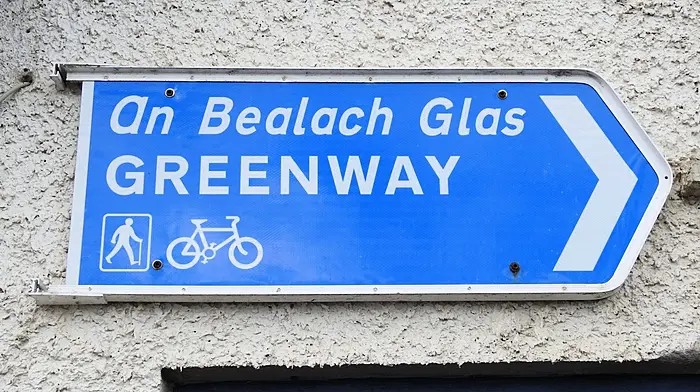All the other member-states who have indulged British Prime Minister David Cameron by giving him a deal he feels he can take with confidence to his nation’s voters on June 23rd next for the promised in/out referendum on membership of the European Union will now contend that there should be something out of it for them also, given the ‘special status’ he claims he has achieved for Britain.
ALL the other member-states who have indulged British Prime Minister David Cameron by giving him a deal he feels he can take with confidence to his nation’s voters on June 23rd next for the promised in/out referendum on membership of the European Union will now contend that there should be something out of it for them also, given the ‘special status’ he claims he has achieved for Britain.
The common goal of the EU members-states, which is especially vital for Ireland, was to give Mr Cameron a deal that they could live with and that he could use to persuade British voters that it is worth their while staying in the Union. Promising this ‘Brexit’ referendum in advance of last year’s British general election played a key part in assuaging the large cohort of euro-sceptics within the ranks of his own Conservative Party and also contributed to its unexpected electoral success in achieving an overall majority, albeit a very narrow one.
The deal got over the line thanks to a last-minute concession by EU leaders that Britain could opt out from further EU political integration, giving Cameron the vital assertion of Britain’s sovereignty he needed to try to appease his critics. As he said afterwards, he is happy that ‘Britain will never be part of a European superstate.’
Having promised, on getting back into office last May, to hold the EU referendum by the end of 2017, the British Prime Minister is a year and a half ahead of schedule with it, which probably means it is like a monkey he wants to get off his back as quickly as possible. Cameron will be recommending that the reform agreement he achieved last weekend is good enough to justify Britain’s continued membership of the EU and he will be actively campaigning for this, but he won’t have it all is own way.
Already, the baying of the euro-sceptics panning the deal has started, with five of his own cabinet ministers and the Mayor of London campaigning for a ‘Brexit,’ and the opposition will be getting louder as June approaches. As it is so much in Ireland’s interest that our main trading partner remains in the EU, our incoming government will need to do some work on encouraging the significant Irish diaspora in the UK to get out and vote for Britain staying in the Union.
They can do this confident in the knowledge that Irish people there won’t be affected by the reduction of welfare benefits for migrants from other EU countries living in the UK and, for future Irish emigrants, our government can invoke an EU Treaty protocol to exempt them from such cuts under the Common Travel Area agreement that exists between the UK and Ireland. Britain is being allowed to index the level of child benefits paid to new migrants in respect of children living overseas, relative to the different standards of living in the countries they reside in, and this may also be applied across the other member-states, which Ireland would also benefit from.
Britain’s perceived special treatment may irk some countries, but it may well be the key to avoiding the ‘Brexit’ that David Cameron declared would be ‘a leap in the dark,’ unless of course the euro-sceptics prevail in next summer’s referendum. That would create an unwelcome new dynamic that Ireland and the EU probably don’t even want to contemplate at this point in time, but should prepare for just in case.








